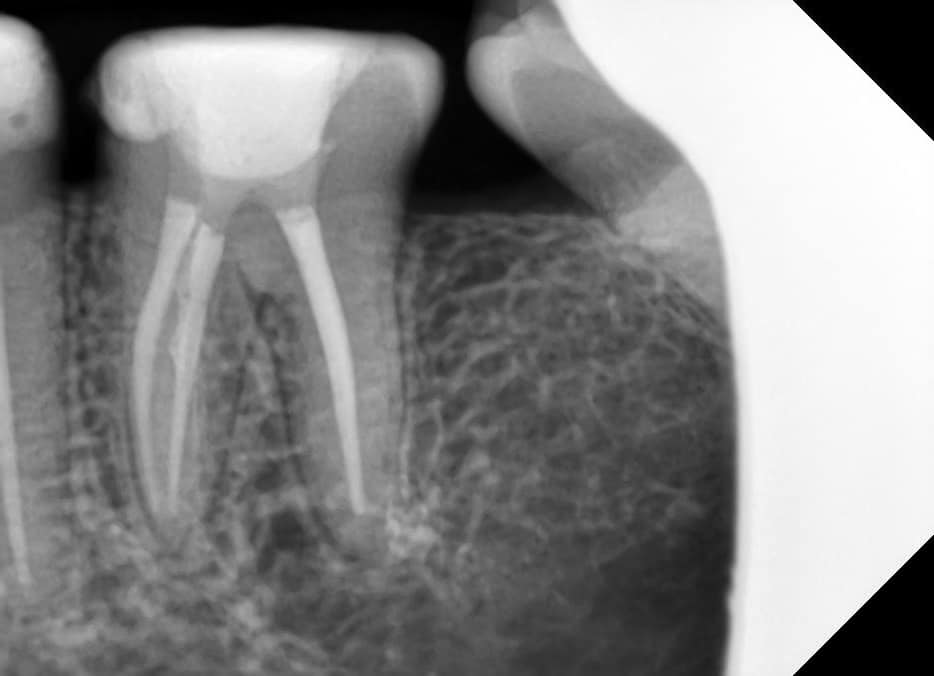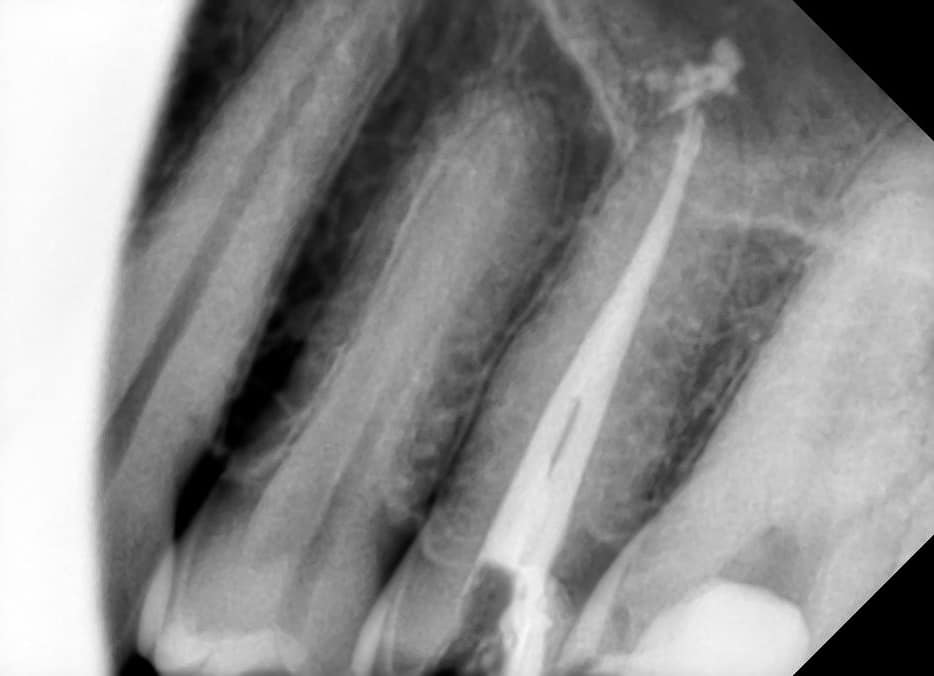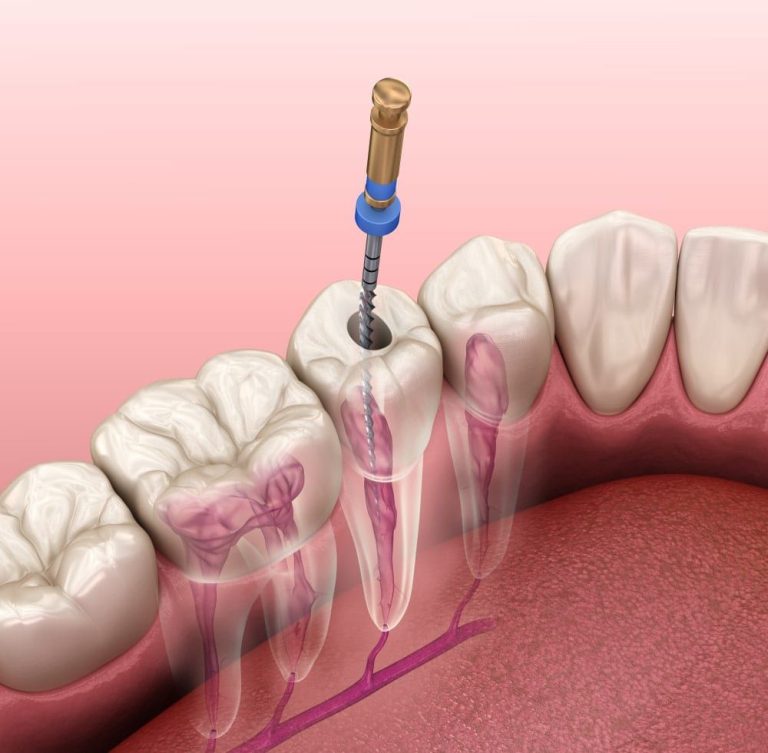
“Precision at work: a dentist carefully performs a root canal by inserting a dental file into the tooth to remove infected tissue.”
Root Canal Treatment In Vadodara
Has the Dentist or by Endodontist. advised you to undergo a root canal treatment? Are you looking for all the necessary information about a root canal procedure before you go ahead?
The article discusses everything you would need to know about root can treatment – Treatment, Procedure, Symptoms, and how root canal treatment can relieve your tooth pain and save your smile. Stay with us to discover each section.
What is a Root Canal?
On the outside, our teeth have an enamel layer, then the second layer of dentin, and a soft inside core that goes deep into the root of our jawbone. This core contains the dental pulp (which consists of connective tissue, blood vessels, nerves, fibroblasts, and odontoblasts).
When the decay reaches the softcore, the pulp becomes inflamed or infected, at times, the pulp can also die. This needs to be fixed and a root canal is then needed to save the tooth and clean the decay.
A root canal is a treatment to remove bacteria from the infected root canal of the tooth and prevent it further infection. Once the infected pulp is removed, the inside of the tooth is carefully disinfected and cleaned and then a filling is placed to seal the space. This treatment saves the natural tooth.
So how would you know if you need a root canal? How would you know if the pulp has been infected? Let’s learn more about the symptoms that may indicate you need a root canal.
Symptoms that show you need a root canal treatment
The assured way to know if you need a root canal treatment is by visiting your dentist. But, keep a watch on these warning signs, because the earlier you detect them, the earlier your tooth can be treated and saved.
The following are the symptoms:
· Persistent tooth pain
· Sensitivity to hot and cold food
· Tooth discoloration
· Swollen gums or gum diseases
· Pain when you touch the tooth
· A chipped or cracked tooth or the tooth cavity
· Tooth feels loose
· Pimples on the gums
· Severe pain while chewing or biting
Your dentist will examine the tooth and take X-rays to confirm the diagnosis.
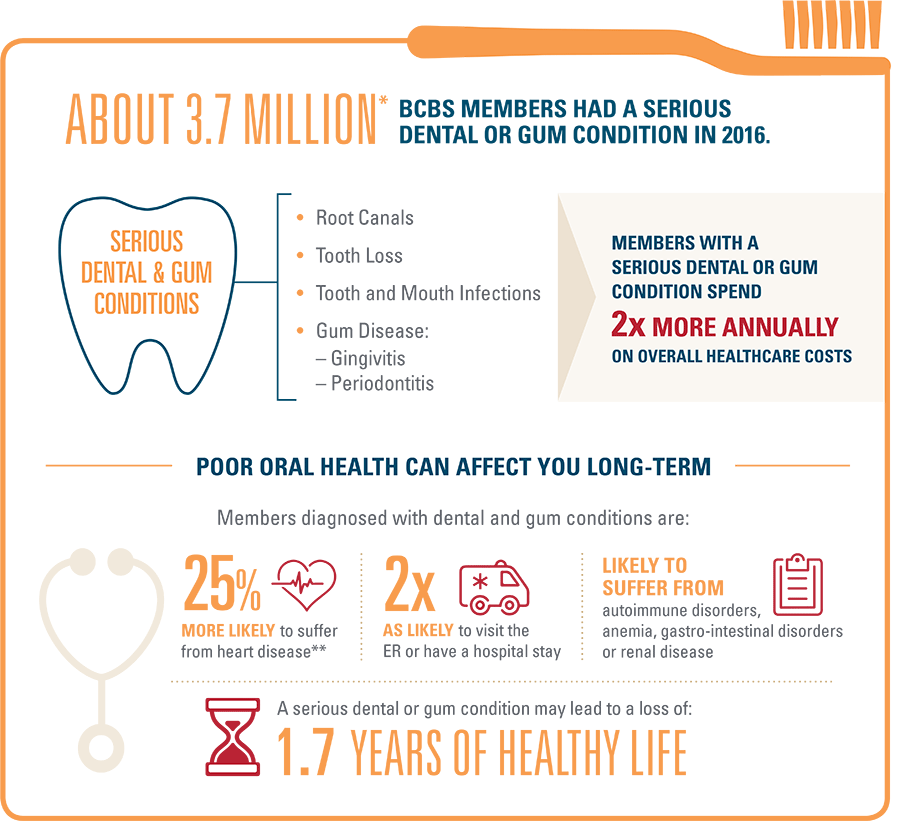
How is a root canal performed?
The Dentist or Endodontist will perform a root canal. Endodontists are highly skilled dental specialists who focus exclusively on treatments related to dental pulp. If your root canal case is complicated, your general dentist may suggest you see an endodontist.
An X-ray will be taken to determine if there are any signs of infection in the surrounding bone, it will also focus on checking the shape of the root canals. Local anesthesia will be administered to numb the area near the tooth. You’ll remain awake during the procedure, but the anesthesia will keep you from feeling any pain.
The dentist will place a rubber dam around the tooth, this is to keep the area dry and free of saliva during the treatment.
Once the tooth is numb, a small opening is created at the top of the tooth (also called the Crown) using a drill or a LASER (Light Amplification by Stimulated Emission of Radiation).
Next, using special dental tools called ‘Files’, the Dentist or Endodontist will remove the damaged pulp and the bacteria and clean the area. The sides of the root canal are also scraped and scrubbed clean. As the procedure is being done, sodium hypochlorite or water will be sprayed in the area to flush away the debris.
After the area is well cleaned and shaped, the Dentist or Endodontist will fill the root canals with a biocompatible material. This material is called gutta-percha. Next, to ensure flawless sealing of the root canals, gutta-percha is placed with a block of adhesive cement. Next, a filling is added at the initial opening created.
At last, the dentist or the endodontist will discuss any additional restoration work that your tooth might need. For example, placing a crown or other restoration to protect the tooth and prevent it from breaking.
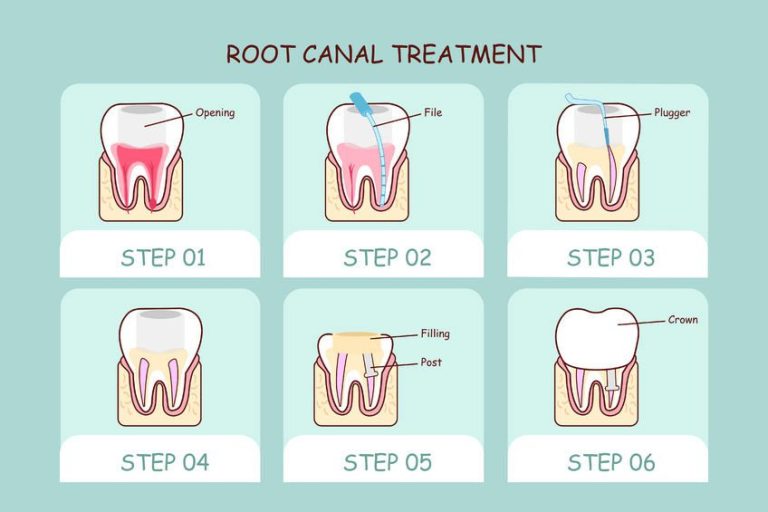
Is Root Canal a painful treatment?
Mild pain after a root canal treatment is normal as it is a major procedure. A root canal involves deep cleaning inside the canals which can irritate surrounding nerves and gums until the treatment completely heals. However, this pain does not last forever.
Since the pain experienced after a root canal treatment is usually mild, you’ll likely be prescribed over-the-counter pain medications for relief. Any pain that lasts longer than it should and is persistent, should be brought to the attention of the dentist.
For painless root canal treatment in Vadodara consult at Aries orofacial Dental Clinic
What happens after a root canal?
Following the completion of a root canal, for the first few days, the tooth may feel sensitive due to surrounding tissue inflammation. But that should only last for a few hours or maybe a couple of days or two.
Still, how long the results last depend on the way you take care of your teeth. Some of the must-do after a root canal treatment:
Try to avoid chewing with the tooth for a brief time after the treatment
Brush, floss, and use mouthwash regularly
Visit your dentist at scheduled intervals
To conclude, although the treatment does cause minor pain and fear, it will bring you a lifetime of relief from all the pain. If you have been experiencing any of the symptoms mentioned above, we advise you to visit your dentist as soon as possible and get a diagnosis done.
At Aries Orofacial Dental Clinic, we provide a wide range of dental care from basic diagnosis and routine dental procedures to complex reconstructive surgeries. If you are looking for then book an appointment with us.
